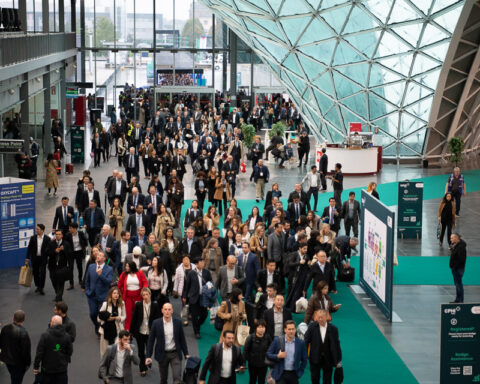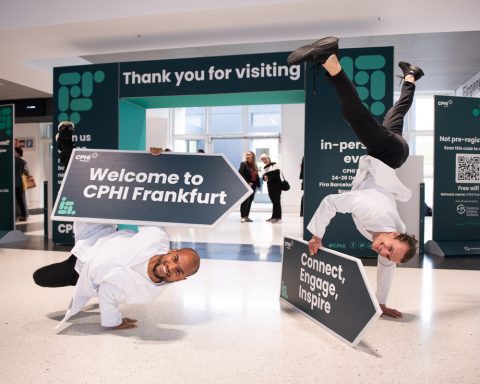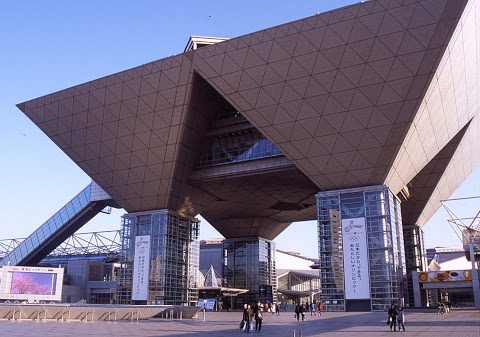Bangkok: SE Asian demand for manufacturing is being driven by recent regulatory changes and increased generics from Indonesia, Malaysia and the Philippines. These prosperous regional conditions were in evidence at the largest ever CPhI South East Asia (8th edition), which closed late last month. The event’s move from Indonesia to Thailand was extremely successful, with the new Bangkok location booming in just its first year of operation.
Often seen as an indicator of ASEAN pharma’s overall health, the success of CPhI South East Asia suggests a thriving pharma sector in the region. Indicative of this region’s overall prosperity, the show has seen an increase of more than 50% in attendees, with almost 7,250 unique attendees and more than 250 exhibitors over three days. Such was the strength of the show’s new country, CPhI South East Asia will be moving to the IMPACT, Muang Thong Thani in Bangkok next year where we anticipate an even larger offer onsite and more international visitors.
One of the emerging trends reported by exhibitors was the increased internationalisation, and this was a common theme running throughout the show, whether it was content from sessions about the FDA Framework and requirements for importing API to an increased number of regional distributors. Additionally, the number of visitors seeking a contract manufacturer was extremely high, further indicative of the internationalisation of the ASEAN pharma industry, with multinational corporations increasingly looking for local partners to expedite market access into the wider region. The ASEAN’s market is widely expected to see robust growth through 2019 into 2020 in part thanks to its diversity of opportunity. The region features a good mix of rapidly gentrifying healthcare economies in Thailand and Vietnam, coupled advanced economies with significant high-value manufacturing in Singapore, as well as large patient population countries with an ever increasing demand for generics in Malaysia, Indonesia and Philippines.
“It was such a successful edition. The ASEAN pharma market is one that is now brimming with potential and is already reaping the rewards of recent regulatory reforms. CPhI South East Asia has established itself as the region’s business hub, attracting everyone from ingredient suppliers to distributors and CMOs, coming from an increasing diverse range of countries. What is most rewarding is that this show has been integral to industry growth over the last year, with the constant exchanging of ideas and widening business networks playing a pivotal role.” said Marie Lagrenee, Brand Manager at CPhI South East Asia.
In 2020, CPhI South East Asia will co-locate with FDF, ICSE, P-MEC, InnoPack, and NEX South East Asia with Informa expecting to welcome more than 6,000 attendees and 275 exhibitors. Executives attend from across the region’s fastest growing pharma segments, with packaging experts, machinery providers and contract manufacturing, as well as an emerging nutraceutical and laboratory sector – facilitating a collective environment that is helping sustain the next stage in the ASEAN pharma expansion.








